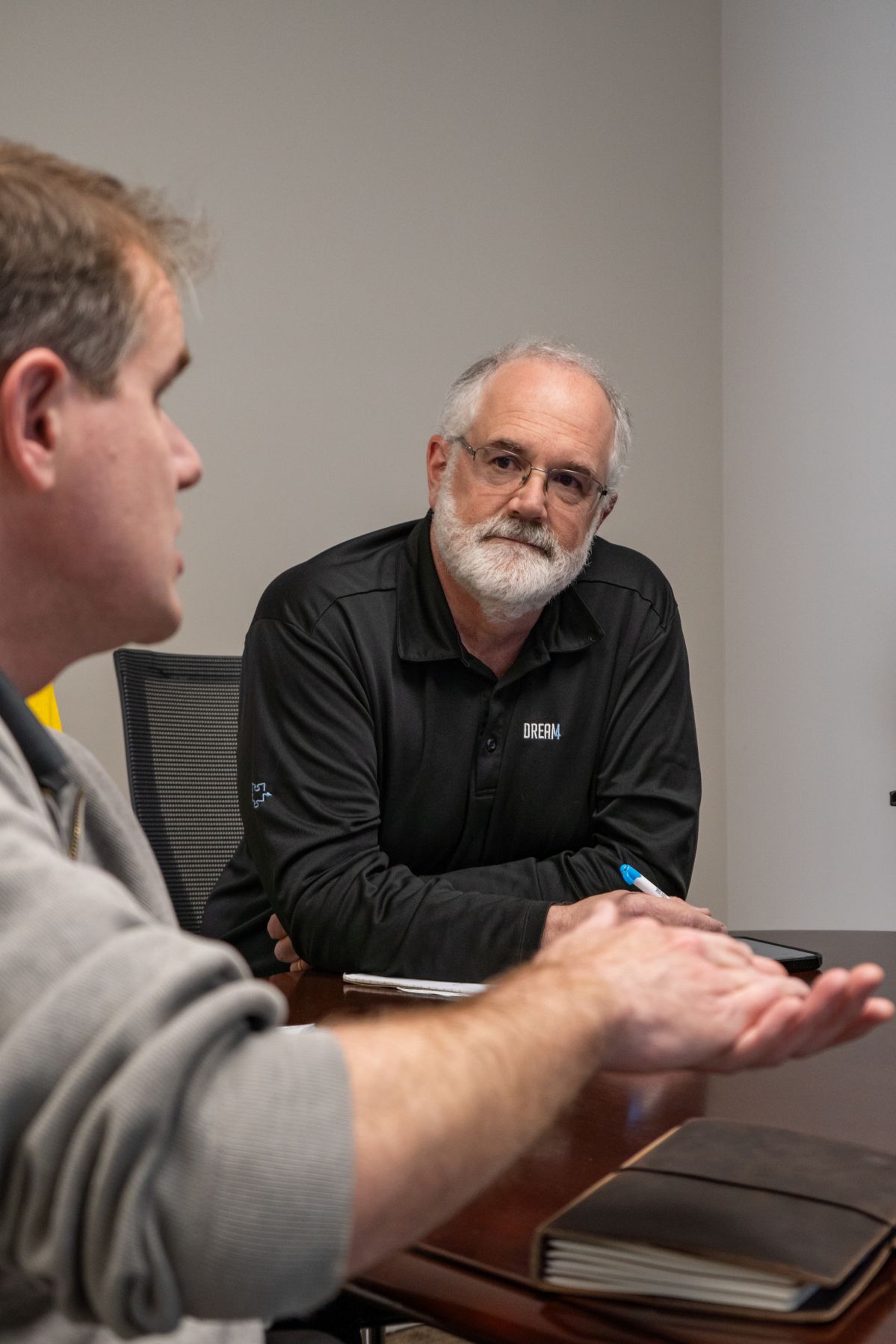Stature refers to the high level of earned respect or esteem to which one is regarded. Being a leader who has developed stature over time is an achievement that represents an elusive level of respect and influence. But attaining leadership stature should be the most desired end-of-career goal. Such a journey compels followers to trust, support, and generate powerful organizational progress along the way. What is YOUR desired reputation as a leader?
Becoming a leader of stature is the cumulative effect of a personal commitment to certain values – and not wavering from this commitment. These attributes can vary, but should include some form of the following:
Selflessness – Emerging leaders who someday desire to become a person of stature must choose to model selflessness. Growing into a leader that others WANT to follow is never about having a corner office or the authority to be the boss; it is about earning influence. The foundation for this is entirely about humility, and it must be authentic. You can try to fake it, but that approach NEVER lasts. This is the strongest character trait an emerging leader can hope to develop. However, it takes a lot of hard work – on yourself. It’s not natural. It requires that we notice OTHER people in THEIR respective worlds rather than seek attention for ourselves. It demands that we trade self-promotion for moving others forward. Selfless leadership takes practice - but it’s absolutely the foundation for becoming a leader of influence.
Servanthood – Emerging leaders who desire to become a person of stature must choose to build on the foundation of selflessness and develop the courage to motivate with servanthood. Leaders often try to motivate their teams before they have modeled the behaviors that others respect – including selflessness. But that foundation does not mean much if we fail to use that platform to connect and communicate with those we lead. People today are secretly begging for someone to notice them and care enough to believe in them. The best way we can serve them is to listen and coach. The brutal truth is that most leaders do not want to invest the extra time to do so. If we do not believe that each person is someone we want to invest in, then we should never hire them. We must accept the responsibility to inspire and further develop them toward their potential. To serve is to acknowledge the value of another and to follow-up on that in the most effective ways.
Read more about how to become a servant-minded leader.
Sacrifice – Emerging leaders, who someday desire to become a person of stature, must choose to build on the foundation of selflessness, have the courage to motivate with servanthood, and then put their arm around at least one person to mentor each year. This requires great sacrifice. We ultimately must invest our time, at both planned and at unexpected moments, into the lives of those we lead. Organizational growth demands that we multiply ourselves by sacrificially mentoring a few people to think as we think and to act as we act. There is no greater professional satisfaction than breathing into someone else who can come along behind us to lead, share the load, and effectively develop others.
As we talked about last week, there are six key ways leaders can sacrifice to positively impact their team.
Sir Edmund Hilary was the very first person to conquer Mt. Everest. The first time he tried, he failed. However, he was still knighted by the Queen of England. At the gala, on the wall behind the head table, was a huge picture of Mt. Everest. The audience gave Hilary a huge standing ovation for even daring to attempt the dangerous climb.
When they finished the applause, Hilary turned his back to the audience, faced that picture, and said, “Mt. Everest, you have defeated me once and you might defeat me again. But I’m coming back again and again, and I’m going to win because you can’t get any bigger Mt. Everest – but I can.”
The journey to becoming a person and leader of stature is a challenging journey. It is incredibly counterintuitive. We may be defeated by selfishness and conformity many times along the way. But as we learn to invest our lives into others selflessly from a place of servanthood and sacrifice, we will eventually establish a tremendous legacy for others to follow. That’s stature.For more resources on the keys to influential leadership, read our blog from earlier this month on selflessness and the difference between a manager and a leader of influence. For more on DREAM4 and our impact on organizational engagement and leadership development, contact us!




